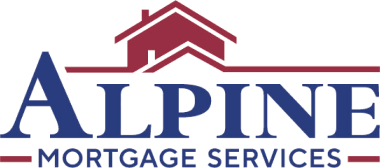Pros and Cons of Buying a Coop Unit

Buying a cooperative housing unit, commonly known as a "coop," involves purchasing shares in a corporation that owns a building rather than owning real estate directly. This unique form of property ownership comes with its own set of advantages and disadvantages. In this article, we will explore the key pros and cons of buying a coop unit to help potential buyers make informed decisions.
Pros of Buying a Coop Unit
Affordability
- Lower Cost: Coop units often have lower asking prices compared to condominiums in the same area, making them more accessible for first-time homebuyers.
- Tax Advantages: Shareholders in a coop can deduct their share of the building’s property taxes and mortgage interest, potentially leading to significant tax savings.
Community Living
- Close-Knit Community: Coop buildings often foster a strong sense of community and cooperation among residents, which can enhance living standards and security.
- Collective Decision-Making: Residents typically have a say in the management of the building, giving them control over decisions that affect their living environment.
Stability
- Less Turnover: Coops often have rules that discourage frequent buying and selling, leading to more stable neighbor relationships and a consistent community atmosphere.
Cons of a Reverse Mortgage
Approval Process
- Stringent Requirements: Buying into a coop requires approval by the coop board, and candidates may face strict scrutiny regarding their financial stability and background.
- Potential Bias: The approval process can sometimes be subjective, leading to potential biases or unfair rejections.
Resale Issues
- Harder to Sell: Coops can be harder to resell than condos due to the approval process every potential buyer must go through.
Financial Responsibility
- Shared Debt: Shareholders are collectively responsible for the building's underlying mortgage, which can pose a risk if the coop’s finances are not well managed.
- Maintenance Fees: Coop residents often face high monthly maintenance fees that are used to cover building expenses, taxes, and amenities.
Buying a coop unit has unique financial and community benefits but also comes with potential downsides, especially concerning liquidity and the complexity of the buying process. Prospective buyers should weigh these factors carefully and consider their long-term housing needs and financial stability before deciding on a coop. For those who value community and stability over investment flexibility, a coop might be the right choice. However, for those seeking more control over their investment and easier resale, a different type of property might be better suited.
Coop Mortgage Tools & Advice
Get a Quick Quote
"*" indicates required fields
